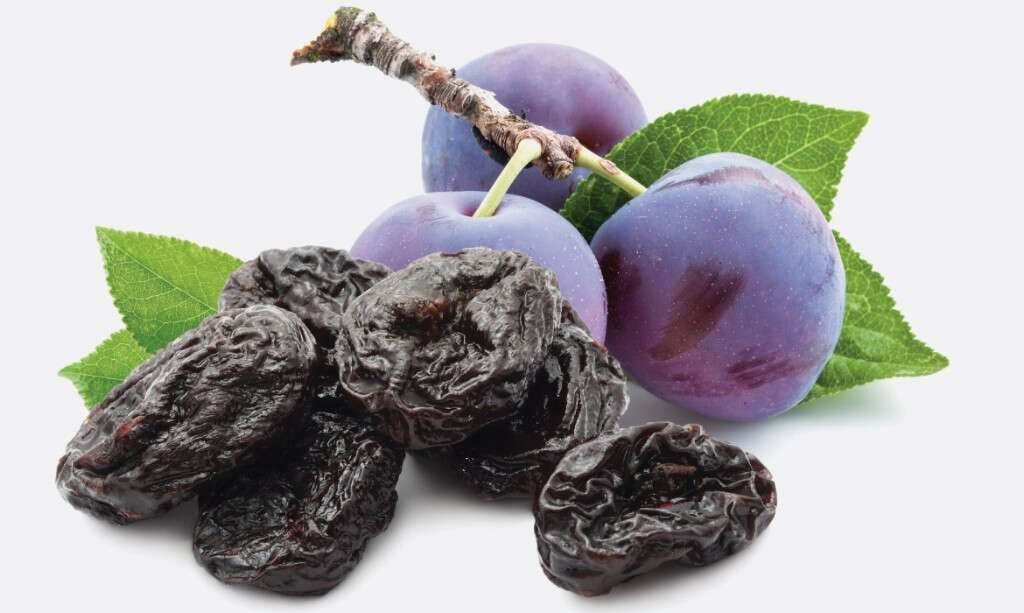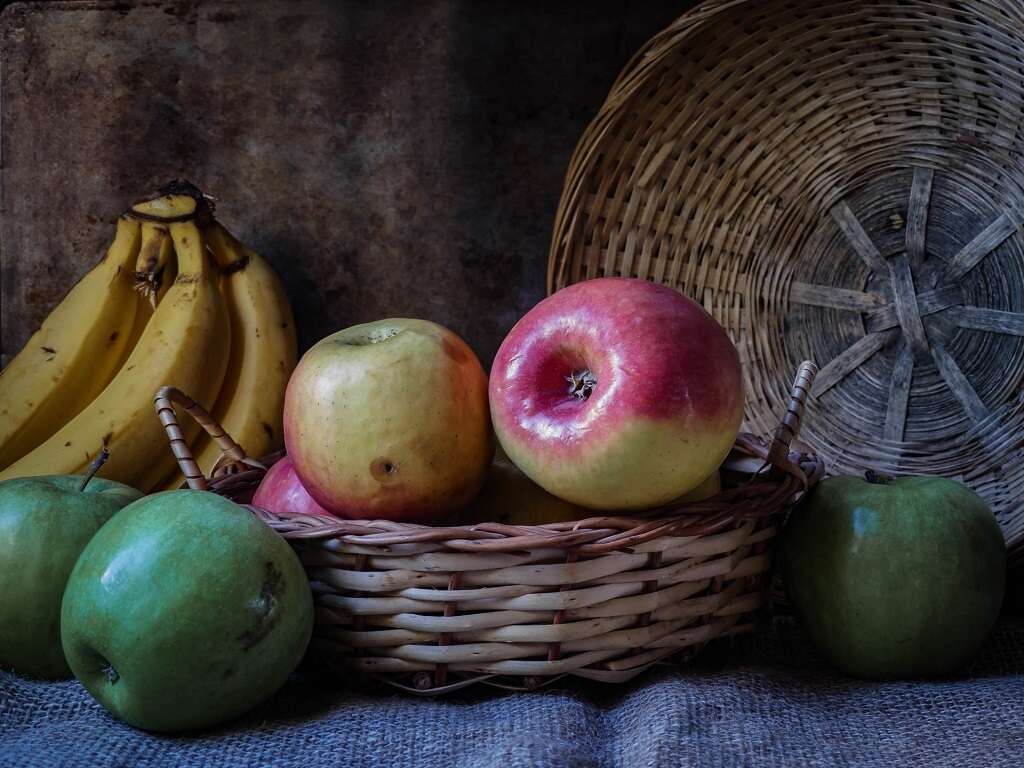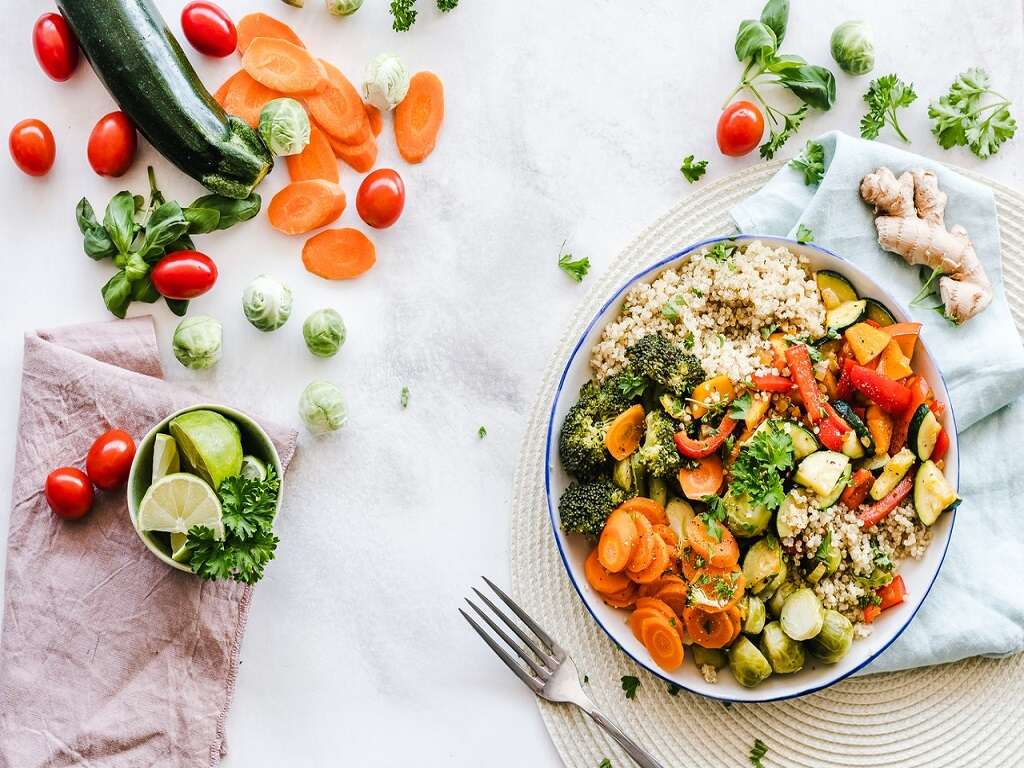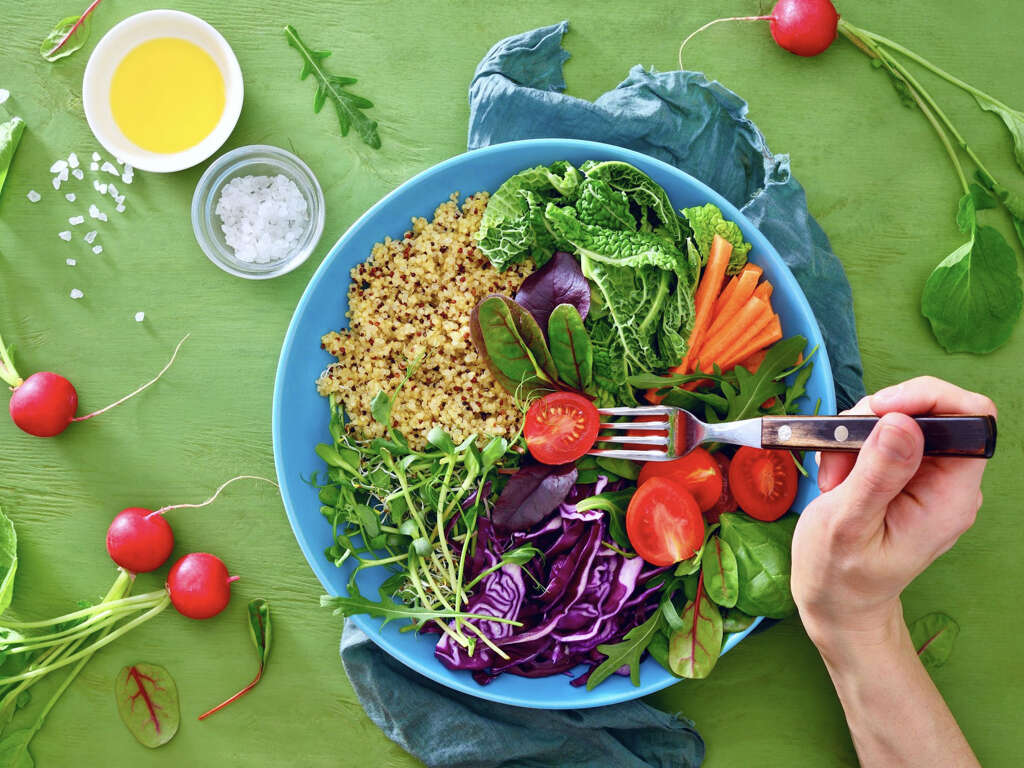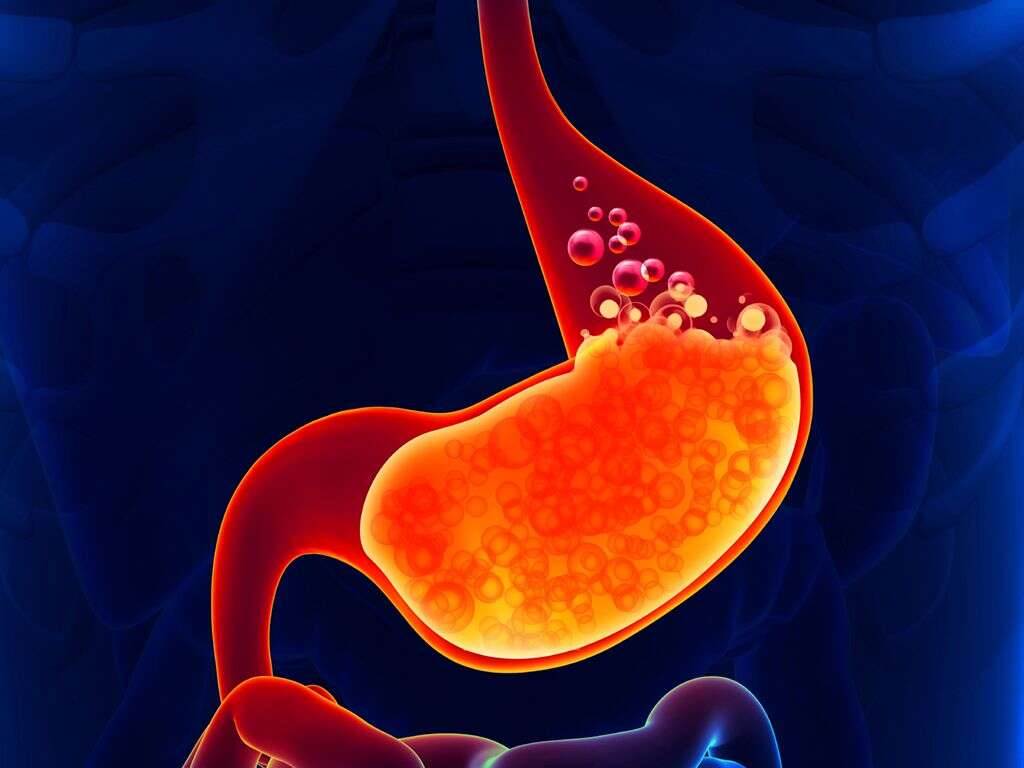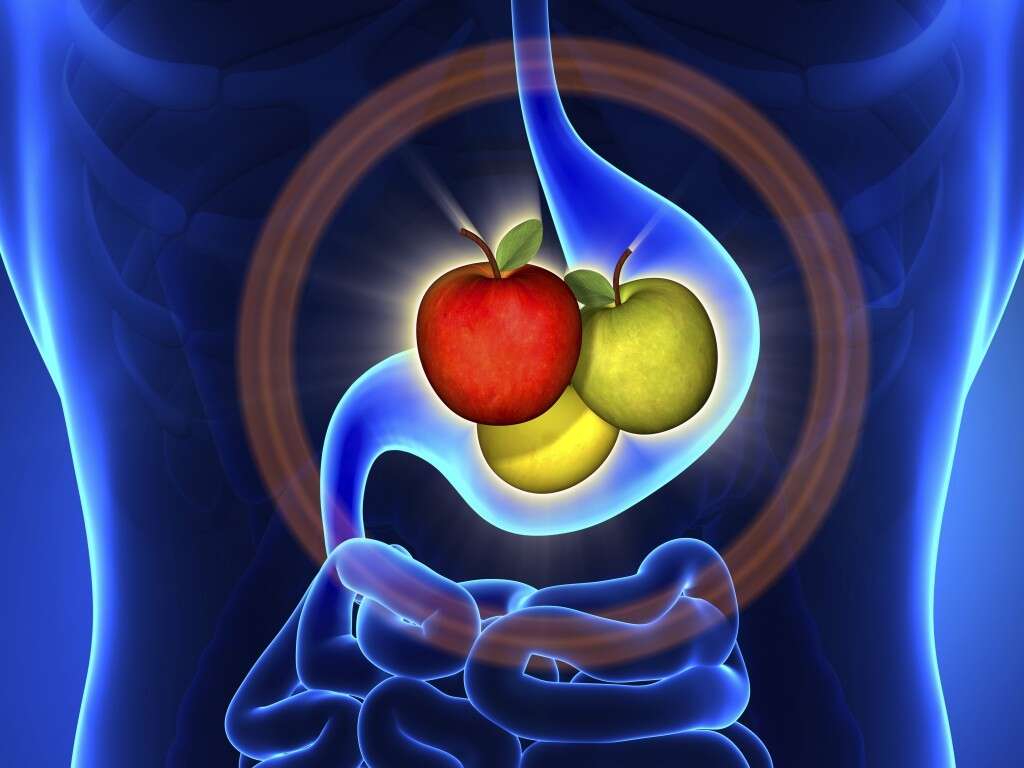10 Foods Good for Digestion
During digestion, your body performs many intricate functions to help break down the food you eat. These functions, including releasing acids, make the foods that you ingest more bioavailable, allowing your body to digest vitamins, minerals, calories, fats and proteins more easily. Most people are not aware of the multitude of functions our digestive system has, until there is a problem. Preventative health is important to note when choosing what to eat for each day.
Digestion breaks down food into nutrients for our bodies to grow, get energy and repair. When digestion becomes poor, causing symptoms like acid reflux, constipation or diarrhea, it is time to reconsider what foods we are putting into our body. A variety of healthy foods, consumed in a balanced way in addition to moderate physical activity is ideal.

Digestive Food #1: Sauerkraut
Sauerkraut is a type of fermented food, in which the natural sugars of cabbage are digested and converted into carbon dioxide and organic acids. Fermentation starts with yeast and bacteria that are naturally present in the cabbage, creating the condition to promote the growth of beneficial probiotics that act as the first line of defense against toxins and harmful bacteria.
Research has shown that the probiotics in sauerkraut help reduce gas, bloating, constipation, diarrhea and symptoms linked to Crohn’s disease and ulcerative colitis. Most probiotic supplements contain 5-10 billion colony forming bacterial units per serving, while one cup of sauerkraut contains around 3 billion colony forming bacterial units. Adding sauerkraut to your diet can prove to be very beneficial.

Digestive Food #2: Yogurt
Many types of yogurt contain probiotics that are either part of the starter culture or added after it is pasteurized. If they are not added after pasteurization, many yogurts lose the bacterial benefits due to the heat treatment. Look for labels that say that the yogurt has live active cultures to ensure that it contains probiotics.
Yogurt contains two probiotics called Bifidobacteria and Lactobacillus. They have been shown to improve the uncomfortable symptoms of irritable bowel syndrome, a common disorder that results in constipation or diarrhea. One study showed that patients with IBS who consumed yogurt containing Bifidobacteria reported less symptoms of bloating and constipation after six weeks.

Digestive Food #3: Papaya
Eating papaya has been shown to aid in digestion. Papaya contains a proteolytic enzyme called papain, which increases as the fruit ripens. These enzymes aid in digestion because they are active in the stomach’s acidic environment, allowing it to break down protein similar to fermentable substances that help promote health.
One study examined participants with irritable bowel syndrome and the effectiveness of a papaya supplement made from papaya pulp. The study showed that the papaya concentrate improved some symptoms of irritable bowel syndrome, specifically constipation and bloating. Another study showed that papaya may also fight intestinal parasites because its seeds have antimicrobial components.
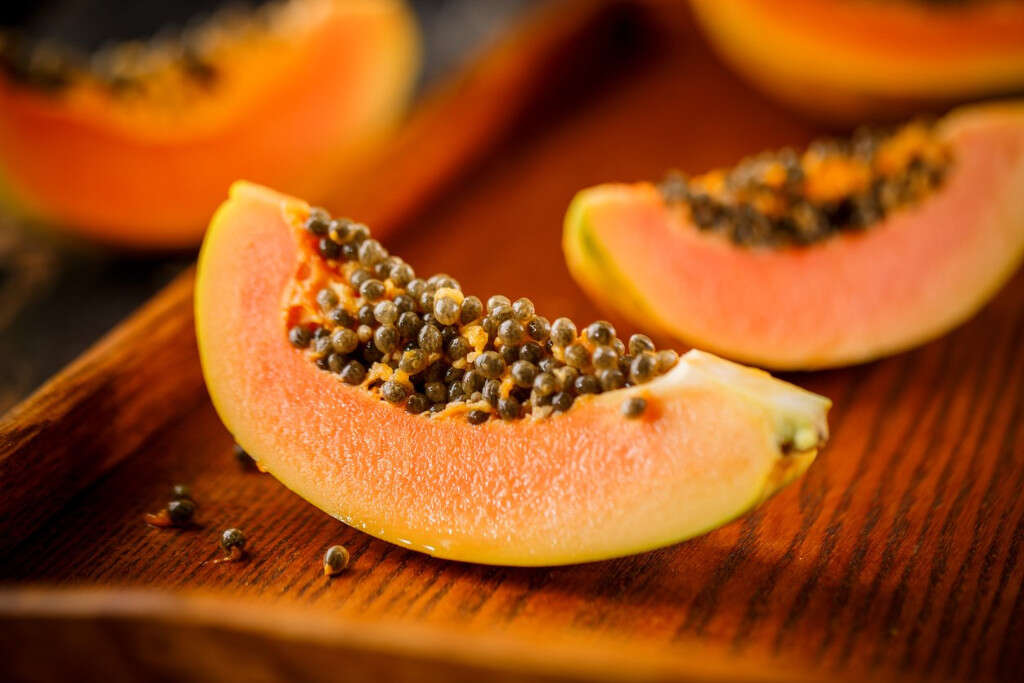
Digestive Food #4: Avocado
Avocado has beneficial fiber that aids in digestion. The fiber absorbs water which allows it to soften stools in the intestine. The rich fiber in avocado aids in lowering the risk of diverticular disease as well. This is a disease that is associated with pockets in the colon. About one cup of avocado can contain up to 6 grams of fiber in it.
The vitamin C found in avocado also has digestive health benefits because of its ability to produce collagen. Collagen fibers wrap around intestine walls and maintain strength in the tissues. Vitamin C also decreases the risk of gastric cancer. One cup of avocado has 7.3 milligrams of vitamin C, which is about 10 percent of the recommended daily intake of vitamin C.
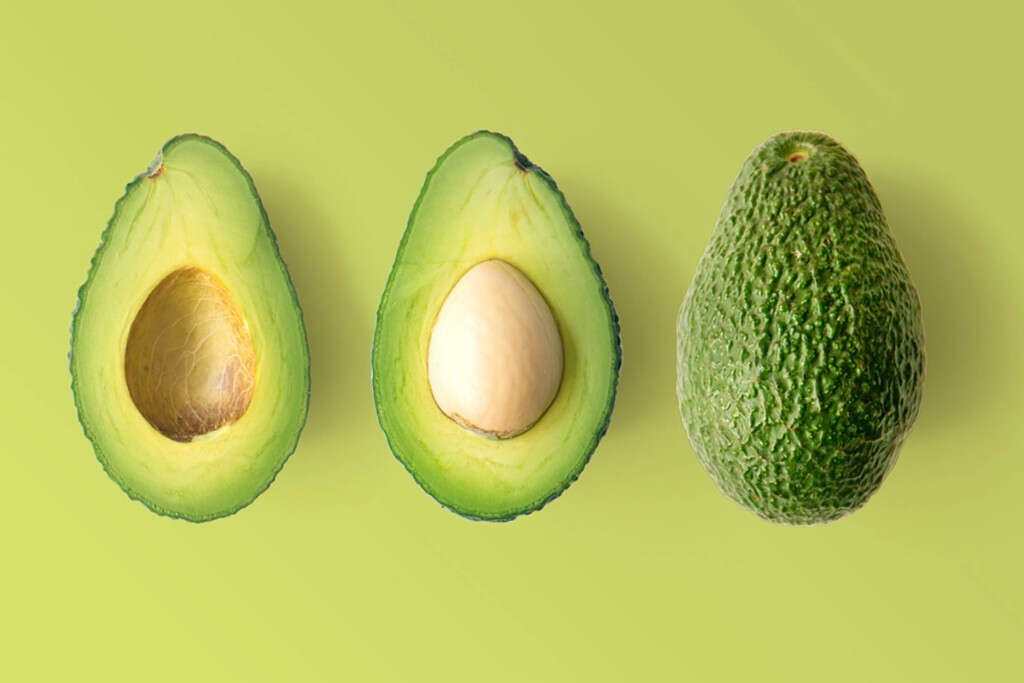
Digestive Food #5: Chia Seeds
Chia seeds are also an excellent source of fiber, delivering around 11 grams of fiber per ounce. The seeds’ benefits include helping to promote healthy stools and bowel regularity. The high amount of fiber causes fullness faster, which helps to absorb water and expand the stomach when the seeds are eaten.
In order to eat chia seeds in its most activated form, be sure to place them in liquid and wait a couple minutes for them to turn into a gelatinous form. Chia seeds can be considered a superfood that can keep you from having health problems not short of heart disease, constipation, cancer, diabetes, obesity and toxins. The fiber found in chia seeds allows the glucose that enters your blood cells to be digested slowly, maintaining normal blood sugar levels.
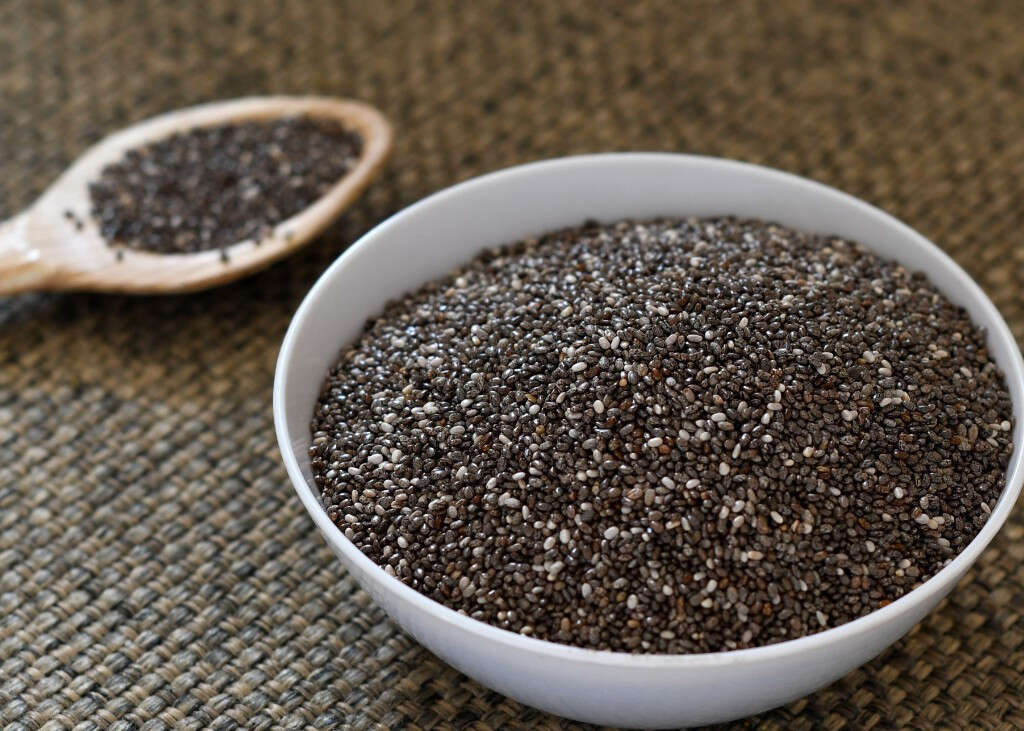
Digestive Food #6: Kefir
Kefir is a type of probiotic drink made from a combination of yeast and bacteria that tastes thick and tangy. It is usually drank after a meal to aid in digestion. One study suggests that drinking around 7 ounces of kefir per day for six weeks can help decrease inflammation in the body, thus helping with prevention of chronic disease.
One cup of plain kefir can help promote motility of the bowels and relieve an upset stomach. The bacteria and yeast, unlike that of yogurt, can colonize in the gastrointestinal tract and stay there. Kefir also contains B vitamins and tryptophan, which help reduce stress and have a calming effect.

Digestive Food #7: Kimchi
Kimchi also contains gut-friendly bacteria, similar to that of yogurt. The fermentation process of the cabbage develops probiotics that promote gut health. The glucose in the cabbage allows probiotics to thrive and produce the kimchi. It also contains ginger, red pepper, salt and garlic, which helps make kimchi safe from unhealthy bacteria. It also boosts our immune system by lowering inflammation and exhibits anti-carcinogenic effects on our bodies.
Kimchi also contains fiber, which helps with the peristalsis of the intestines, aiding in digestion and bowel movements. Eating kimchi can help treat constipation, irritable bowel syndrome and ulcers when eaten in moderation.

Digestive Food #8: Miso
Miso is made up of fermented soybeans and used as a seasoning in Japanese dishes. The fermentation of the bean allows for it to become an excellent probiotic. It helps with producing healthy gut flora, which defends the body against harmful toxins. Miso improves digestion by reducing gas and bloating as well as promoting gut motility.
Miso contains antioxidant compounds as well as phytochemicals. These have cancer-fighting properties and also help in controlling blood pressure and inflammation. In one study, miso was fermented for 180 days, a longer fermentation time, and it increased the healthy cells in mice following radiation treatment, inhibiting the development of cancerous colon cells.
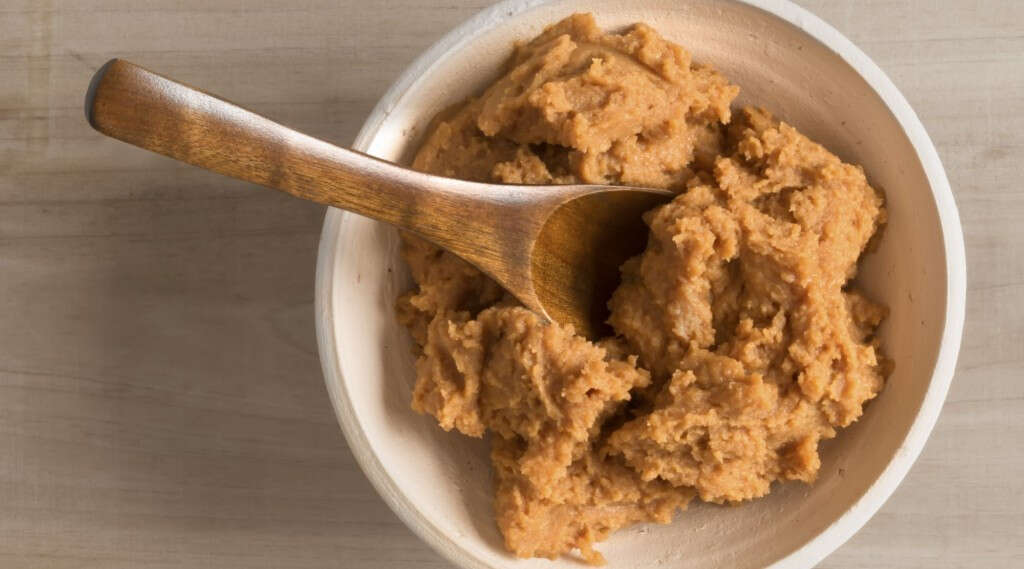
Digestive Food #9: Artichoke
Artichokes contain a unique form of fiber known as inulin, which is known as a prebiotic. Prebiotics act as a fertilizer for the gut and increase the amount of probiotic bacteria in the stomach. One artichoke contains 6 grams of dietary fiber, that’s more than one whole cup of prunes. They also contain 4 grams of protein, which is significant for a vegetable.
The bile-producing cynarin alleviates digestive bloating while the fiber in artichokes helps to break down food and keep the digestive system going. Artichokes are considered to be one of the most antioxidant-rich vegetables you could eat. They have antioxidant power that help detox the liver and prevent cardiovascular disease.
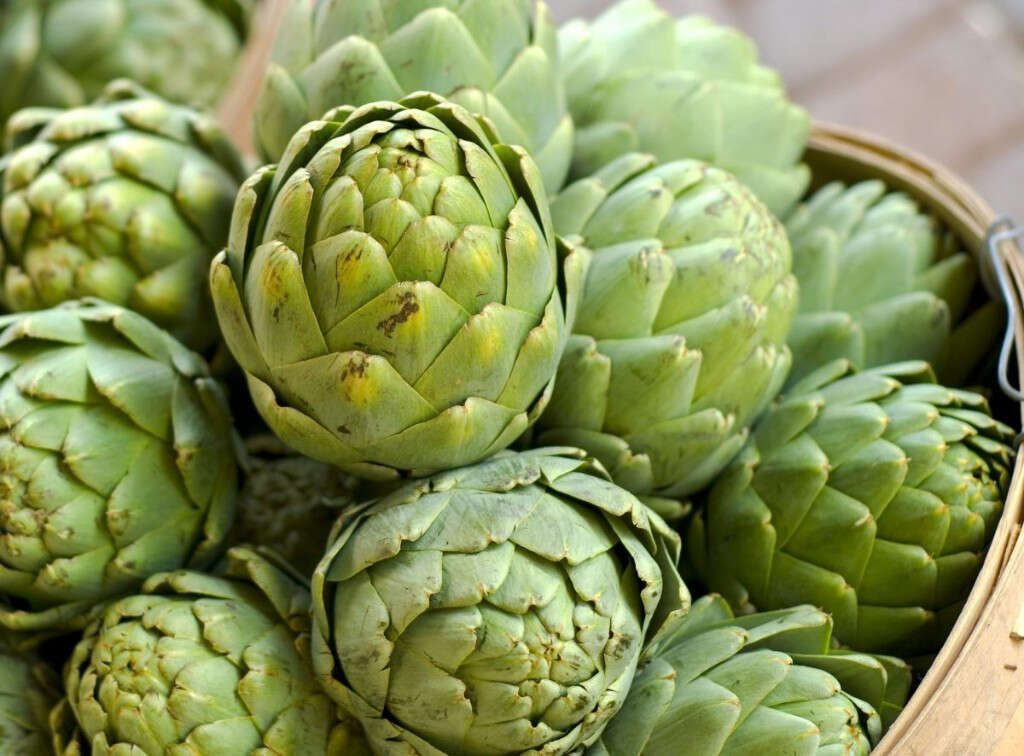
Digestive Food #10: Prunes
Prunes aid in digestion because they contain fiber. In just 1/2 a cup of prunes, or in 8 prunes, you would consume around 6 grams of fiber. Eating enough fiber in your diet can help with decreasing your chances of chronic disease as well as preventing hemorrhoids brought by constipation.
Prune juice contains high amounts of sorbitol, which can act as a laxative. It pulls moisture into the digestive tract and facilitates bowel movements. However, prune juice does not contain the same amount of fiber as eating the fruit whole. Eating too many prunes can cause gastrointestinal distress because of the increased amount of sorbitol.
